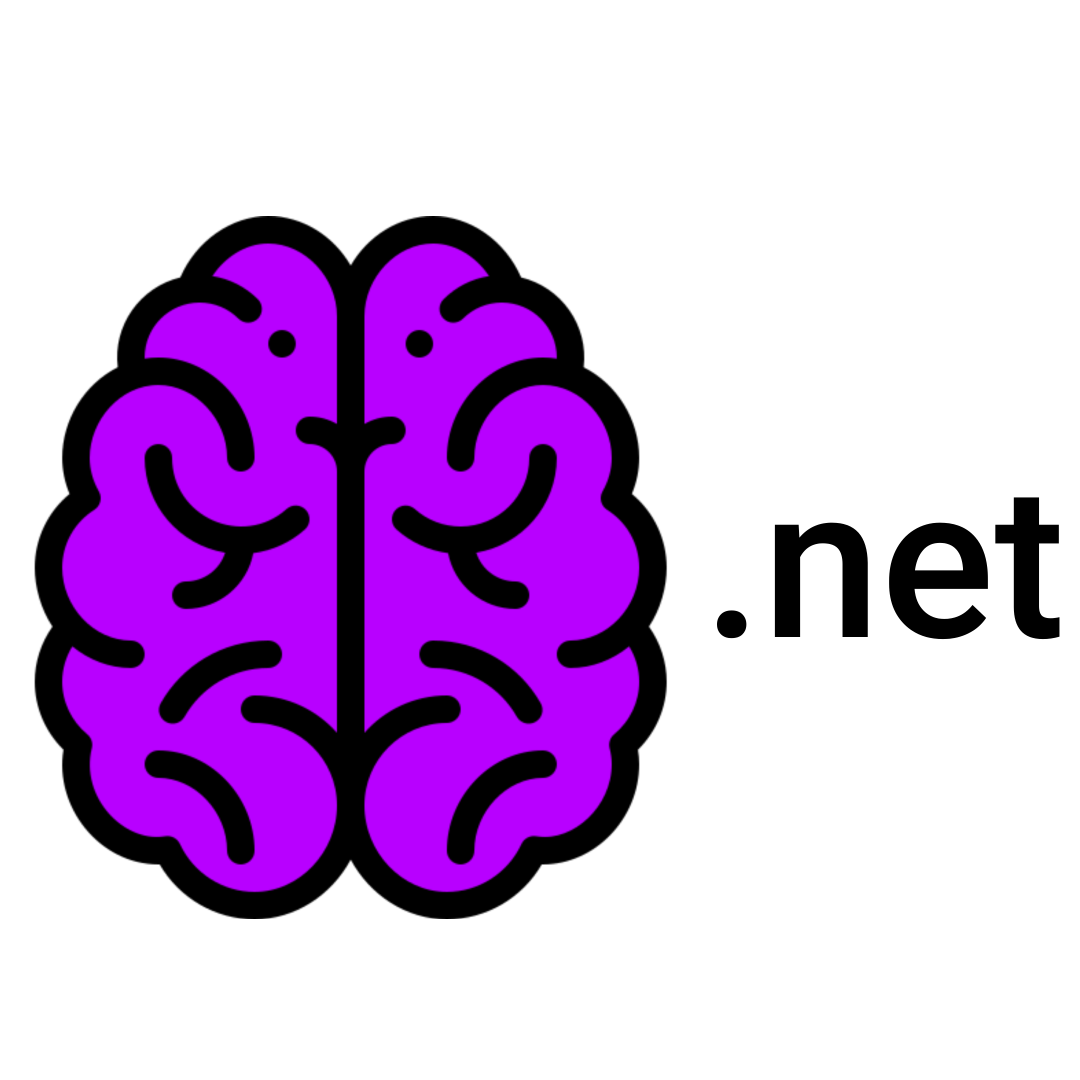When it comes to health myths, we certainly hear and read true absurdities from people, which often make us believe that our diet is terrible.
Moreover, with the easy access to the internet, the spread of lies about the subject is increasing, as various people who claim to be health professionals promote extremes about what we eat, how we exercise, and so on.
Therefore, if you’re curious about these health myths, we at Portal Insight Factory have prepared this special guide to show you what’s not true. Shall we check it out?!
1. Taking vitamin C prevents colds
Vitamin C is an important nutrient for the immune system, but there’s no scientific evidence to prove that it prevents colds. In fact, some studies suggest that vitamin C might even increase the risk of colds in some people.
2. Drinking lots of water helps lose weight
Drinking water is important for health, but it’s not a miraculous trick for losing weight. Water helps maintain a feeling of fullness, which can lead to reduced calorie intake. However, there’s no scientific evidence that drinking a lot of water helps burn fat.
3. Drinking milk is good for bones
Milk is a good source of calcium, an important nutrient for bone health. However, there’s no scientific evidence that drinking milk specifically helps prevent osteoporosis.
4. Cutting carbs helps lose weight
Cutting carbs can be an effective strategy for losing weight, but it’s not the only one. Other strategies can be equally effective, such as reducing overall calorie intake or increasing physical activity.
5. Eating fat makes you fat
Not all fat is created equal. There are good fats and bad fats. Good fats, found in nuts, seeds, and fish, are healthy and can help reduce the risk of heart disease and other health problems.
6. Drinking coffee is bad for health
The truth is that coffee can be healthy if consumed in moderation. Coffee is a good source of antioxidants and can help reduce the risk of heart disease, type 2 diabetes, and some types of cancer. However, it’s important to limit coffee intake to 400 milligrams per day, which is about four cups.
7. Sleeping less helps to be more productive
The truth is that sleeping less impairs productivity. When you sleep less, you feel more tired and have less energy. This can lead to mistakes, accidents, and health problems. Adults need to sleep 7 to 8 hours per night to be healthy and productive.
8. Sun exposure is harmful to health
The truth is that the sun is essential for health as it helps produce vitamin D. However, it’s important to protect yourself from the sun’s ultraviolet rays, which can cause skin cancer. To protect yourself from the sun, use sunscreen with an SPF of 30 or higher, wear a hat and sunglasses.
9. Eating raw fruits and vegetables is healthier than cooked
The truth is that eating both raw and cooked fruits and vegetables offers different benefits. Raw fruits and vegetables are a good source of vitamins, minerals, and antioxidants. However, they can also contain bacteria that can cause food poisoning. Cooked fruits and vegetables are a good source of fiber and nutrients and are less likely to cause food poisoning.
10. Taking vitamin supplements is essential for health
Most people get all the nutrients they need from a balanced diet. Vitamin supplements can be useful for people with nutritional deficiencies, but they are not necessary for most people.
Did you like learning about these health myths?
It’s important to be aware of health myths to make informed decisions about your own health. If you have any doubts about the veracity of health information, it’s always best to consult a qualified health professional!


